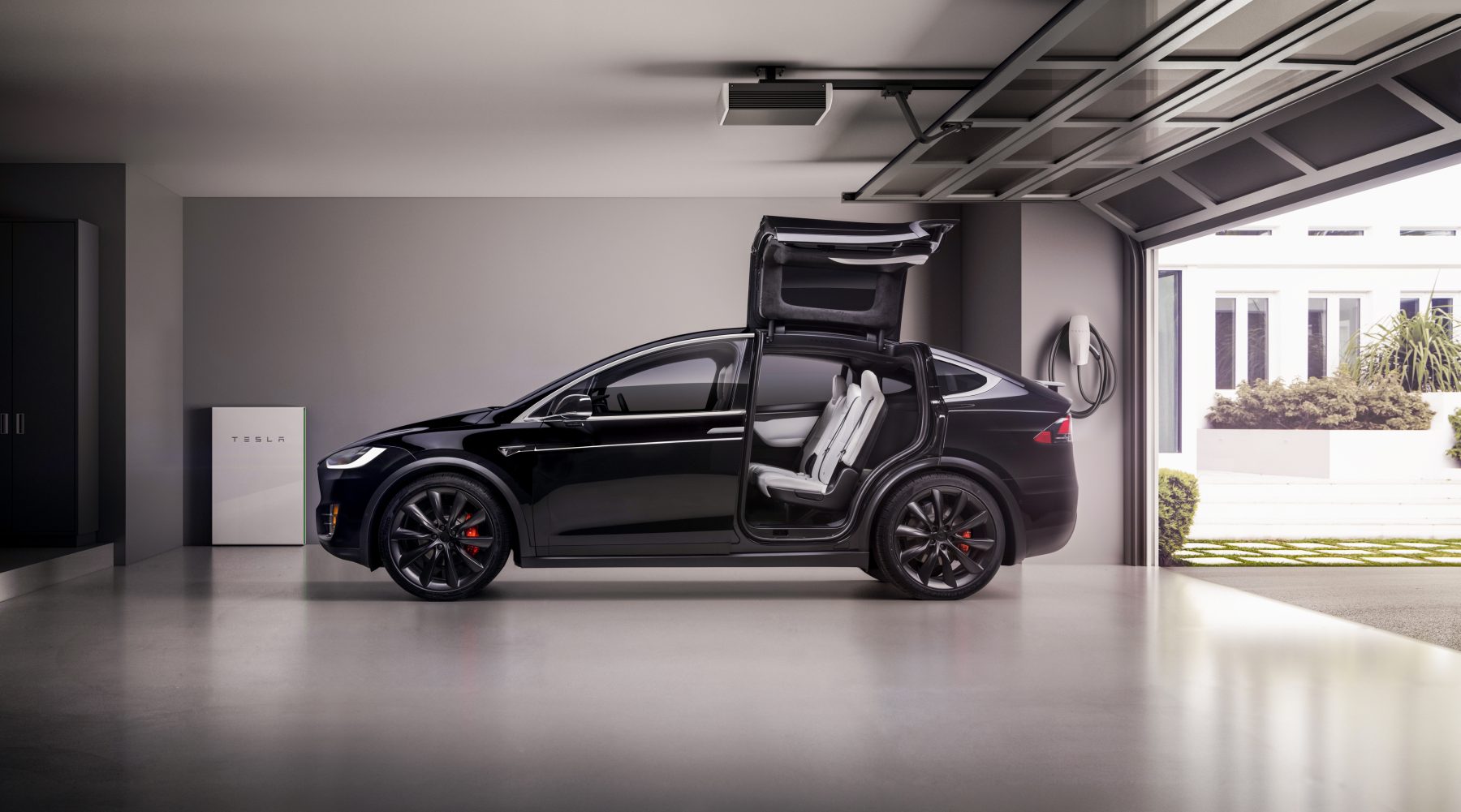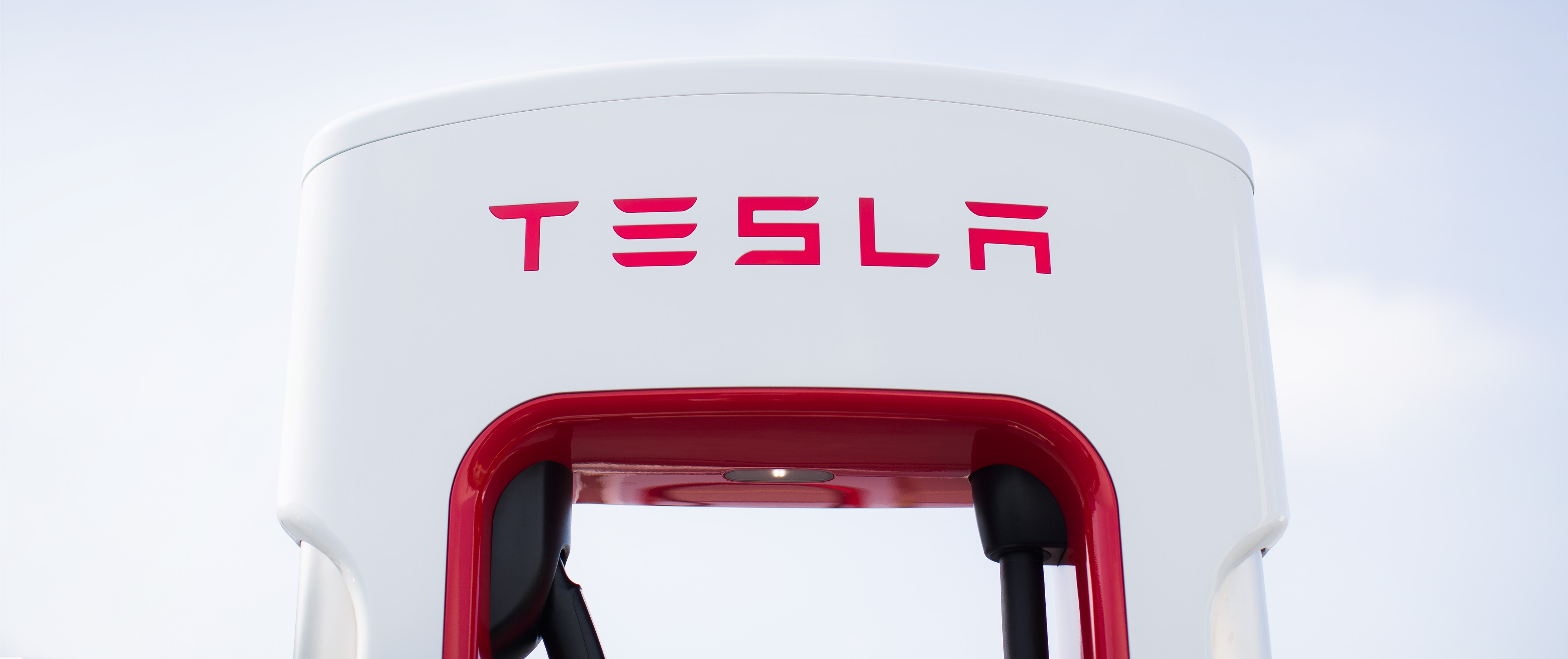It’s fair to say that few companies have shaken up the market like Tesla has. The brand’s small range of all-electric cars are generally well-received by critics and buyers alike, and the charismatic figurehead – Elon Musk – rivals Donald Trump for the attention he receives on Twitter.
And from the outside it would appear that the company is going from strength to strength. Its new products aren’t just packed with the latest technology and bang up-to-date electric powertrains, but Tesla is also at the forefront of home solar energy generation, electricity storage in batteries, and autonomous driving.
But what lies beneath the surface? Here are some of the issues Tesla faces before it can truly crack into the mainstream market and be considered alongside giants such as Toyota or Volkswagen.
It keeps missing targets
Type ‘Tesla missed targets’ into a search engine and you’ll find countless news stories dating back years. The worst culprit was the Model 3 – the brand’s first mass-market electric vehicle, with a price of $35,000 bringing electric mobility to middle America.
Reason RBC question about Model 3 demand is absurd is that Tesla has roughly half a million reservations, despite no advertising & no cars in showrooms. Even after reaching 5k/week production, it would take 2 years just to satisfy existing demand even if new sales dropped to 0.
— Elon Musk (@elonmusk) May 4, 2018
But a string of missed targets means the majority of those who pre-ordered the Model 3 have yet to receive it. The brand aims to produce 5,000 Model 3s a week by the end of June – a target that’s been pushed back multiple times – but self-confessed ‘production hell’ means it may end up being even later than that.
Elon Musk is a mad genius
The figurehead of Tesla is Elon Musk, who made his millions through founding PayPal among other ventures. He’s not a traditional CEO, and the company seems to operate on his whims – a policy that’s come under criticism for distracting from the issue at hand.
Problem is journos are under constant pressure to get max clicks & earn advertising dollars or get fired. Tricky situation, as Tesla doesn’t advertise, but fossil fuel companies & gas/diesel car companies are among world’s biggest advertisers.
— Elon Musk (@elonmusk) May 23, 2018
For example, as Model 3 production stalled and those who placed reservations became more and more angry and irate, Musk chose to announce a new Roadster. The trick worked – the Roadster, despite being little more than a concept, successfully drew headlines away from Model 3 and gave the Tesla-loving community something new and shiny to look forward to.
Musk drew more criticism just recently though, when he refused to answer so-called ‘dry’ questions from financial analysts during a conference interview and has since taken to Twitter to attack journalists. The market saw through all this, though, and the brand lost $2bn in market value overnight.
It’s not actually making any money
Tesla announced record quarterly losses of almost $710 million (£523m) in the three months leading up to March, but announced that it would be profitable by the end of 2018 – providing it manufactures 5,000 Model 3 vehicles each week.
La la lahttps://t.co/rLQfmrcNO2
— Elon Musk (@elonmusk) May 2, 2018
These losses were nearly double that posted in the same time last year, showing that despite consumer interest in the brand remains strong, Tesla is struggling to translate this to profit. Incredibly however, the company is still worth more than General Motors.
The build quality isn’t up to scratch
Most modern car manufacturers have had decades to perfect their manufacturing processes, and the results show – it’s genuinely quite difficult to find a badly built car today. But Teslas are less than impressive on this front, and numerous owners have complained of electrical bugs, terrible fit and finish and some worrying design oversights.
Perhaps the worst issues were with the Model X SUV and its party-piece ‘falcon wing’ doors, which can sometimes simply refuse to work. A US-based engineering firm also exposed several worrying safety flaws with Tesla vehicles, such as the Model 3’s rear doors which don’t have a mechanical override to open them in the event of electrical failure.
The Tesla fan community/cult
Fanboys are no new thing — but say anything out of place about Tesla, and an army of Elon Musk devotees will come tear your house down.
Ok maybe not for real, but they’re a dedicated and stubborn bunch. They’re quick to dismiss any negative points, and will often point to the straight-line performance of the firm’s machines — regardless of the point you made.
Production issues? Who cares, my Model S can beat a McLaren off the line. The company is quite possible firing itself into bankruptcy? Not a problem, the Model X can monster a Ferrari in a 30 yard sprint.
Thought you’d say that. Anytime anyone criticizes the media, the media shrieks “You’re just like Trump!” Why do you think he got elected in the first place? Because no ones believes you any more. You lost your credibility a long time ago.
— Elon Musk (@elonmusk) May 23, 2018
Buying a Tesla seems like buying into a cult, and for us, that’s a bit terrifying.
Volume manufacturing is hard
Mass-producing a product is no easy task — especially not a car. And that’s totally fine, but Tesla doesn’t seem happy to admit that.
It set incredibly ambitious targets when producing the Model 3 — and many seemed impossible to meet for a firm like Tesla. That has so far proven too ambitious, resulting in many bottlenecks and delayed deliveries.

Look Tesla, it’s tough to suddenly begin mass producing cars and there’s no shame in that — just admit that.
Tesla isn’t really a car company, it’s a tech company
Tesla may make cars, but the reality is that it is a tech company at heart. They’re doing some really pioneering stuff in electric car technology and for that it should be commended — but going, that should remain its focus.
With its on-going production issues, questionable long-term reliability and the fact its seemingly nose-diving into bankruptcy at its current rate, we think a future in producing and developing powertrains would be a better move for the firm — especially with the increasing need for small car manufacturers to turn to electrification, which is an expensive game as of itself.

